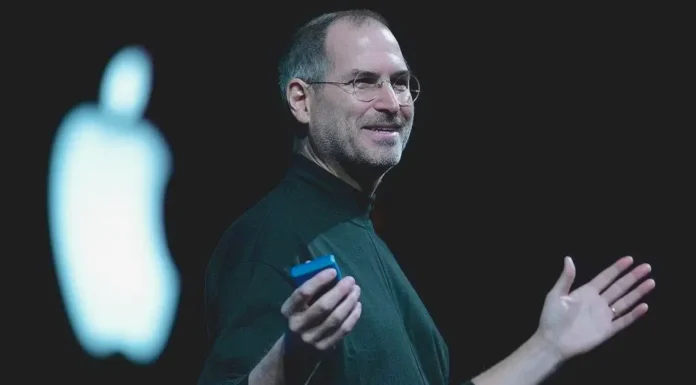Apple’s legendary co-founder, Steve Jobs, was known for his innovative ideas, iconic product launches, and unconventional management style. However, one of his lesser-known yet remarkably insightful practices was the unique question he always asked in job interviews: “Why are you here?”
While it may sound simple, the true purpose of this question reveals a lot about Jobs’ philosophy on talent and motivation. Unlike typical interview questions that probe for skills and experience, Jobs’ question aimed to uncover the candidate’s personal ambitions, inner drive, and true passion.
Looking Beyond Skills: What Steve Jobs Really Wanted
Jobs believed that technical skills were merely prerequisites—necessary but not sufficient to predict success at Apple. What mattered more was the candidate’s internal motivation. In a 2010 conference, Jobs explained that even in a one-hour interview, it’s impossible to fully understand a person. Therefore, you must rely on intuition and the subtle cues behind their answers.
The key wasn’t the words themselves but the “metadata” behind the response: the candidate’s true passions, desires, and character traits. This meant Jobs sought out individuals who were self-motivated, ambitious, and genuinely interested in personal growth, rather than those giving cliché, corporate-friendly answers.
The Power of “Selfish” Motivation
A recurring theme in Jobs’ interviews was that selfish, personal ambition often indicated a candidate’s potential to excel. When someone answered that they wanted the position to enhance their leadership skills, take pride in their work, or develop their expertise, Jobs considered it a sign of intrinsic motivation.
According to Jobs, employees who are driven by personal growth and satisfaction are more likely to contribute meaningfully to the company. In contrast, generic answers like “I want to help the company grow” suggested a lack of genuine personal drive.
Examples of “Good” Interview Answers
To illustrate, here are some examples of responses that would have impressed Jobs:
- “I want this position to develop the skills I need to eventually start my own business.”
- “I am seeking an environment where I can take pride in my work and truly enjoy what I do.”
- “I am here to elevate my leadership abilities to the next level.”
These answers are honest, personal, and ambitious, reflecting a mindset that seeks growth and excellence—qualities Jobs valued above all.
What to Avoid in an Interview
Jobs cautioned against overly selfless, rehearsed answers. Statements like:
- “I want to help the company grow”
- “I am passionate about the mission of the company”
While they may sound admirable, Jobs viewed these as formulaic and insincere. They often mask a lack of personal ambition and fail to reveal the candidate’s true motivations.
Lessons from Steve Jobs for Modern Job Seekers
Steve Jobs’ approach offers timeless advice for interviews:
- Prioritize personal ambition: Don’t be afraid to show your own goals and passions.
- Be authentic: Avoid scripted, overly polished corporate answers.
- Show intrinsic motivation: Employers value those who seek growth and challenge, not just external rewards.
Ultimately, Jobs’ interviews were about identifying individuals who are driven by curiosity, ambition, and passion—qualities that transcend resumes and technical skills. This philosophy continues to influence Apple’s hiring culture and serves as a powerful guide for candidates worldwide.
Steve Jobs’ famous question, “Why are you here?”, remains a legendary example of insightful interviewing. It reminds us that behind every successful employee is not just talent, but a deeply personal, sometimes “selfish” motivation that drives them to excel.

